MANY people confuse the Quaker faith groups with a well-known cereal brand, but anyone who has ever eaten a chocolate bar, been to an Oxfam shop or voted as a woman, has had their life influenced by the actions of Quakers,
The Quaker movement, also known as the Religious Society of Friends, is celebrating its 400th anniversary this year having campaigned on gender equality to advocating for free speech and religious liberty in the earliest days,
Quakers later went on to reject the slave trade on Christian grounds, and to campaign for its abolition.
This week the Ross Quakers are preparing for its open day on Saturday July 6, at the Brampton Street Meeting House - the heritage-listed building with its historic 17th Century burial ground behind, which is now a Peace Garden.
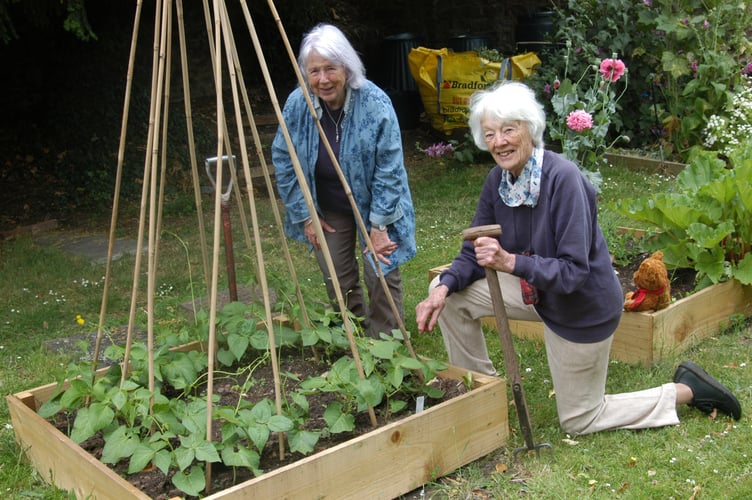
A special Peace gathering will be held at noon, where people will consider the modern-day activities around the World.
Whilst the Peace Garden receives particular attention by green-fingered volunteers, researchers have been investigating the stories behind the headstones in Ross graveyard. These reveal how over the centuries people of non-conformist, dissenting faith pursued public policies of social reform and equality.

Whilst many of the constituted ‘political’ parties of the 20th Century have annexed such positions on slavery, emancipation, ethical trading and other areas of social justice, considering them their own, after having been guilty of blocking attempts at universal legislation.
Although now largely separated from their Quaker origins, Cadbury's, Clark’s, Fry’s and Rowntree's are some of the brand names that live on.
In the mid-twentieth century Quakers became better known for its humanitarian and social justice work. Amnesty International, Oxfam and Greenpeace are three of the groups that have Quakers among their co-founders.
Today Quakers are best known as people who work for peace and climate justice, engaging in collaborative work around the world.
And in its 400th anniversary year Quaker communities create spaces for people of all faiths and none to explore their beliefs in quiet stillness.
The last decade saw Ross Quakers involved in the development of initiatives for all manner of social welfare concerns - from addiction, citizens advice, mental health, bereavement, prison reform and care, and the wider environmental issues of nature destruction, rivers, food and farming, biodiversity and climate change.
In 2009 Ross celebrated designation as a Fairtrade Town - the organisation’s judges were impressed with the number of independent retailers in the town selling products with the Fairtrade logo and the media work that the group meeting at the Quaker House had facilitated.
A booklet, Goods for the Future, listed retailers stocking local, organic and ethical products, as well as Fairtrade ones has been produced.
The Friends have been a Fairtrade Church since 2010, operating a food and merchandise shop from Brampton Street to encourage consumers and thus supermarkets to adopt this caring marketing stance.
The Co-op today still remains a very busy collection box. This sadly continues to be the highest indicator of the cost of living crisis in Ross. St Mary’s Church Hal on Tuesday mornings is now the place for recipients and donors.
The Ross Quakers are a friendly, active society, maintaining its motivation through principles of simplicity, truth, equality and peace, heartened by the legacy of collective succour, and facilitating organisational and spiritual support for all like-minded concerns and individuals.
The Meeting House facility is available for hire joining the range of activities already hosted from circle dancing, therapies and private counselling to public debates and committees.
The Quakers open day on Saturday, July 6, at Brampton Street, Ross runs from 10am to 4pm. For further information on the local Quakers, email [email protected] or visit quaker.org.uk/meetings/ross-on-wye.
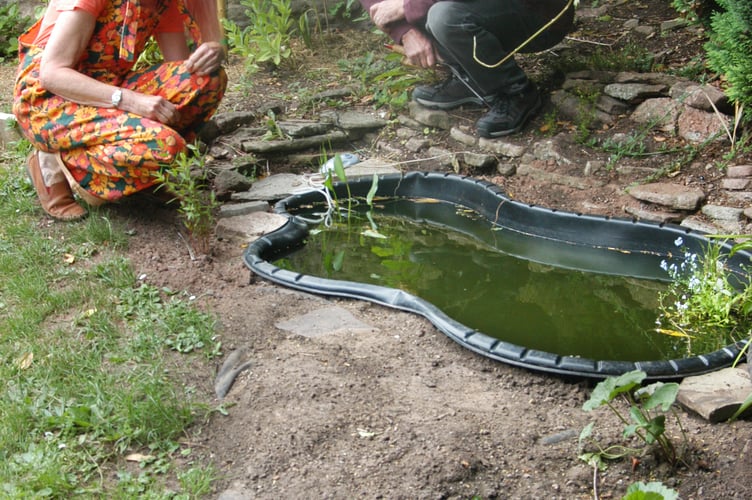

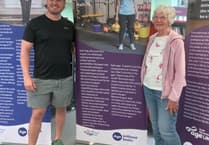
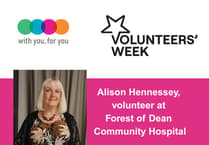
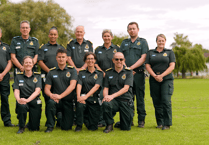
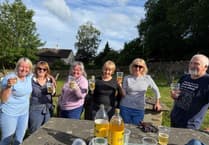
Comments
This article has no comments yet. Be the first to leave a comment.